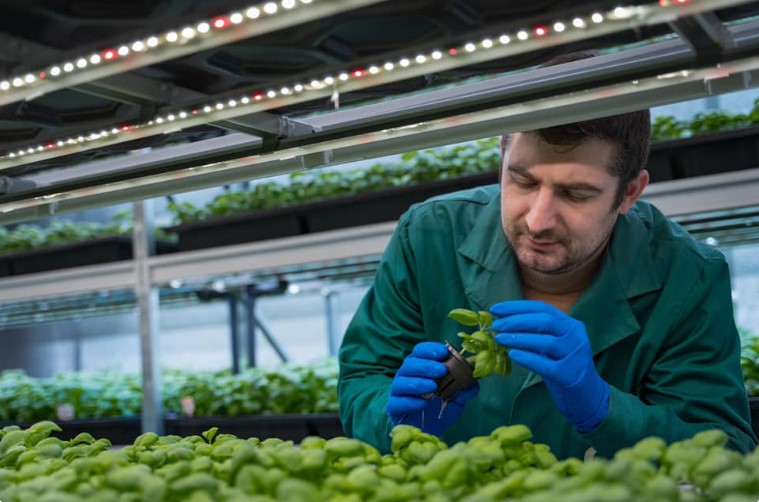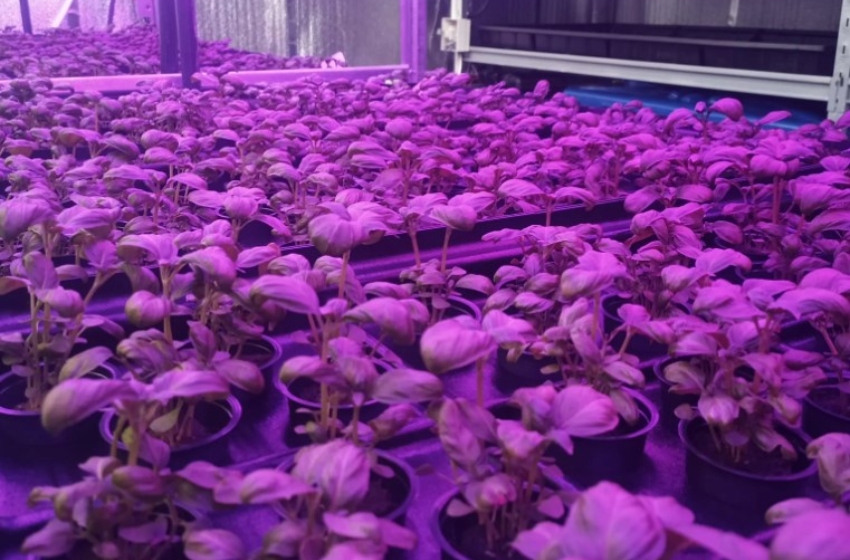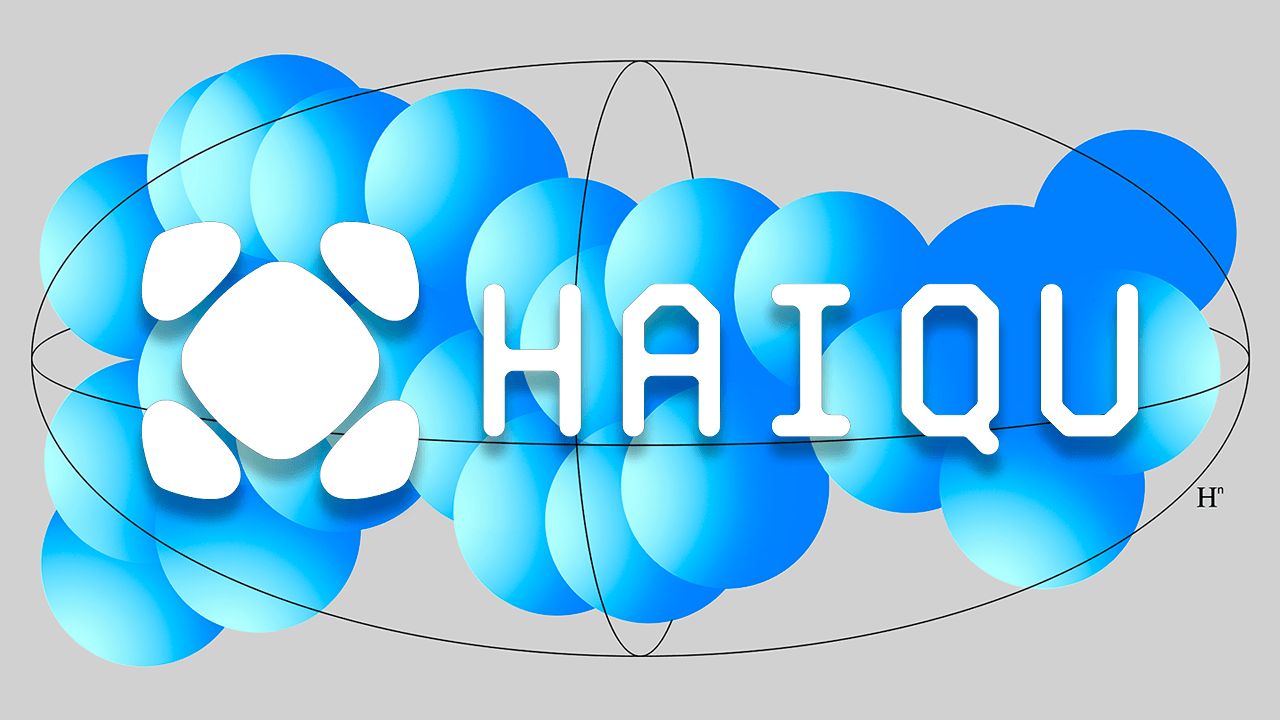The company Green Future, which specializes in the construction of vertical farms, implements projects in various parts of the world, but does not receive orders from agrarians in Ukraine.
The owner of the company, Viktor Shuleshko, shared this information in an interview with EastFruit.
"In fact, we do not have a single agrarian customer. We conducted research on this topic. We have IT specialists, military personnel, as they are also interested in it now. There are theater people, logisticians, PR managers, in other words, people who want to be involved in something interesting technologically," he said.
The second format of clients that is now beginning to appear for the company is networks of establishments that want to grow for themselves. In particular, this is attractive for restaurants that consume all the grown produce and can regulate production volumes.
"The third format of clients for vertical farms, which I think will emerge in Ukraine, is large retailers who will build farms for their networks. We are currently negotiating with several large Ukrainian chains. They have statistics on how much they sell, how they sell. They need such farms to meet their own needs, plus it's cool and great to have local production," clarified Viktor Shuleshko.

In addition, Green Future is entering the European market, where many vertical farms have closed due to the high cost of energy resources.
"We have now preliminarily won a tender in Austria from Wayfarm, Infarm, Vertical Field - these are global companies in vertical farming. In the description of the companies, it was stated that they built 100,000 m², 10,000 m². I wrote that I only built 3,000 m² in total, but the operating expenses per square meter were 50% lower than those of the mentioned companies, and I can prove it with documents," he added.
_1711400914.jpg/dK5kdFTLKY5HIJyYVkuwe1rRND3J49NztKYEiVZa.jpg)
Viktor Shuleshko also noted that his company recently built a 600 m² vertical farm for growing salads in the UAE, and also expanded this project to grow tulips on 200 m².
"Our technology is so unique that the flowers turned out to be more attractive and vibrant than those grown in the Netherlands. Now the Netherlands are interested in our system," the specialist added.
_1711400933.jpg/8myBnhs85zMXTOooYpfasx16S9aTy3dOb2WMEM1N.jpg)




















